As the colder months approach, parents and caregivers often become more vigilant about protecting their little ones from common illnesses. One such illness that deserves special attention is RSV, or Respiratory Syncytial Virus. This virus is a leading cause of respiratory infections in infants and young children, and understanding it can help keep babies safe and healthy.
What is RSV?
RSV is a highly contagious virus that primarily affects the respiratory tract. It is especially common in infants under the age of one and young children, but it can affect people of all ages. For most healthy adults and older children, RSV causes mild, cold-like symptoms such as a runny nose, cough, and mild fever. However, for babies, particularly those born prematurely or with underlying health conditions, RSV can lead to more serious illnesses like bronchiolitis or pneumonia.
How Does RSV Spread?
RSV spreads very easily through droplets from coughs and sneezes, as well as by direct contact. This means that it can be transmitted when someone who is infected touches their nose or mouth and then touches a baby, or when an infected person coughs or sneezes near a baby. Another common way RSV spreads is through kissing – a loving gesture that, unfortunately, can sometimes carry germs to vulnerable infants.
Why Avoid Kissing Babies?
Babies have immature immune systems that make them more vulnerable to infections. While a simple kiss might seem harmless, it can inadvertently transmit viruses like RSV. Even if a person feels well, they might still be carrying the virus and able to spread it. This is why it’s recommended to avoid kissing babies, especially on the face, during RSV season or if anyone is feeling unwell.
Avoiding kisses is not about discouraging affection but about protecting babies during a critical time. Instead, adults can show love through gentle cuddles, holding hands, or smiling from a safe distance. These small changes can help reduce the risk of spreading infections.
Signs and Symptoms of RSV in Babies
It’s important for parents and carers to recognise early signs of RSV. Symptoms in babies may include:
- Runny nose and nasal congestion
- Coughing and sneezing
- Difficulty breathing or rapid breathing
- Wheezing
- Reduced appetite or difficulty feeding
- Fever (though not always present)
- Irritability or unusual tiredness
If a baby shows signs of difficulty breathing, bluish colour around the lips, or is unusually lethargic, seek medical help immediately.
How to Protect Babies from RSV
Aside from avoiding kissing, here are some practical tips to help keep babies safe:
- Wash hands thoroughly before handling babies. Hand hygiene is one of the most effective ways to prevent the spread of viruses.
- Keep sick visitors away from newborns and young infants.
- Clean and disinfect surfaces and toys regularly, especially during RSV season.
- Limit exposure to crowded places or large groups of people when RSV is common in the community.
- Breastfeed if possible, as breast milk contains antibodies that help protect babies from infections.
RSV is a common but potentially serious virus for babies, especially those under one year old. While it can be difficult to avoid all contact, simple precautions like not kissing babies on the face, practicing good hand hygiene, and being mindful of visitors’ health can make a significant difference.
Protecting babies from RSV isn’t about being overly cautious – it’s about recognising their vulnerability and taking small, sensible steps to keep them safe. By staying informed and careful, we can help ensure that our youngest and most precious members of society stay healthy and thrive.



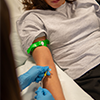
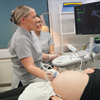
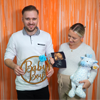


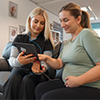

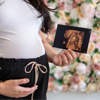
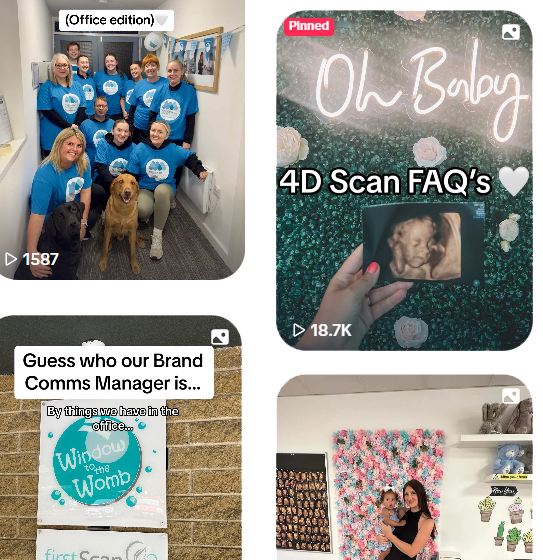
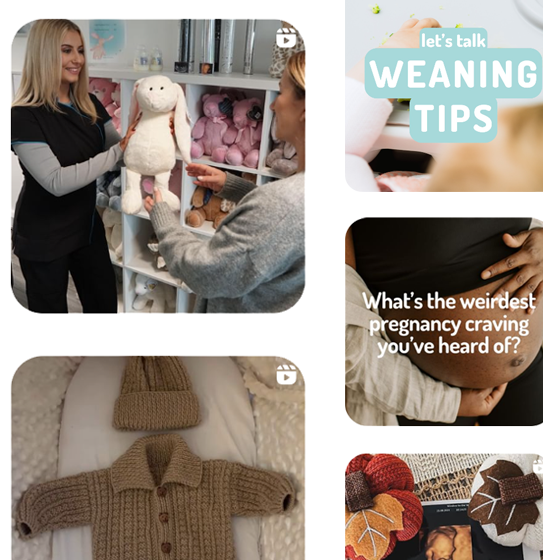
 Packages & Prices
Packages & Prices  Important Info & Policies
Important Info & Policies  Your Scan
Your Scan